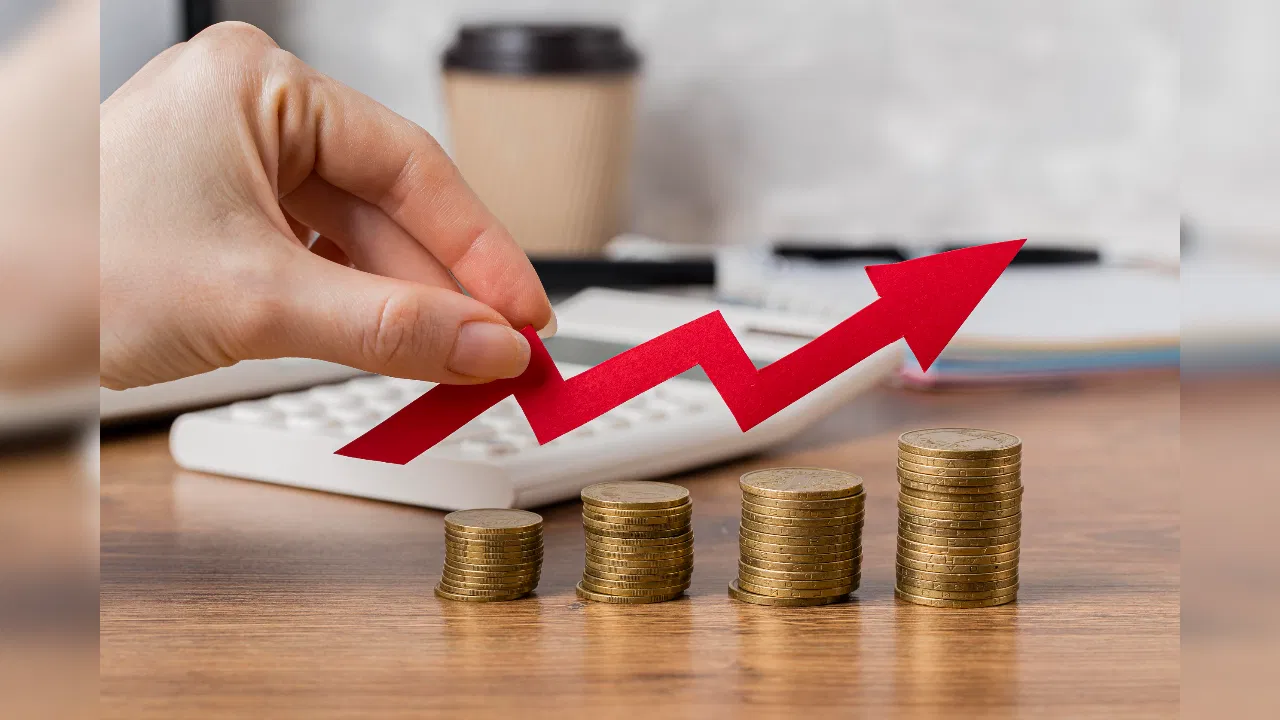U.S. Economy Shrinks in May 2025 as Consumer Spending Declines

The U.S. economy experienced a contraction in May 2025 as Americans reduced spending, raising concerns about a potential recession. According to newly released data from the Bureau of Economic Analysis (BEA), personal consumer expenditures dropped by nearly $30 billion compared to April, triggering a slowdown in GDP growth.
Highlights
-
Personal Spending Drops $30 Billion: The sharp month-over-month decline in spending is a leading indicator of reduced consumer confidence.
-
Q1 2025 GDP Revised Downward: BEA reported a 0.5% decrease in GDP for the first quarter of 2025, signaling early signs of economic contraction.
-
Regional GDP Impact:
-
Minnesota: –2.4% GDP decline in Q1
-
Iowa and Nebraska: –6.1% (largest drop)
-
South Carolina: +1.7% growth (best performer)
-
-
Stock Market Highs vs. Economic Reality: Despite the downturn, the S&P 500 hit a record high, sparking concerns of a disconnect between Wall Street and the broader economy.
Expert Analysis
“A slowdown in spending is one of the biggest warning flags that there is deep trouble ahead in the economy.”
– Kathryn Edwards, Economic Policy Consultant
“The stock market seems to be marching to its own drummer. Second-quarter reports may reveal a less rosy picture.”
– John Beuerlein, Chief Economist, Pohlad Companies
Economic Trends to Watch
-
Consumer Spending Trends: As the primary driver of U.S. GDP (approx. 70%), any continued reduction could push the economy into a full-scale recession.
-
Tariff Impacts: Businesses are experiencing higher costs due to newly implemented tariffs, prompting a surge in rushed imports and affecting trade balances.
-
Corporate Earnings (Q2 2025): Scheduled for release in July, these reports will be critical in assessing the true impact of consumer and policy shifts.
NOTE –
The U.S. economy’s decline in May 2025—fueled by reduced consumer spending and trade disruptions—has heightened concerns among economists and policymakers. While stock markets remain bullish for now, upcoming financial disclosures and continued spending trends will determine whether the nation is on the brink of a recession.